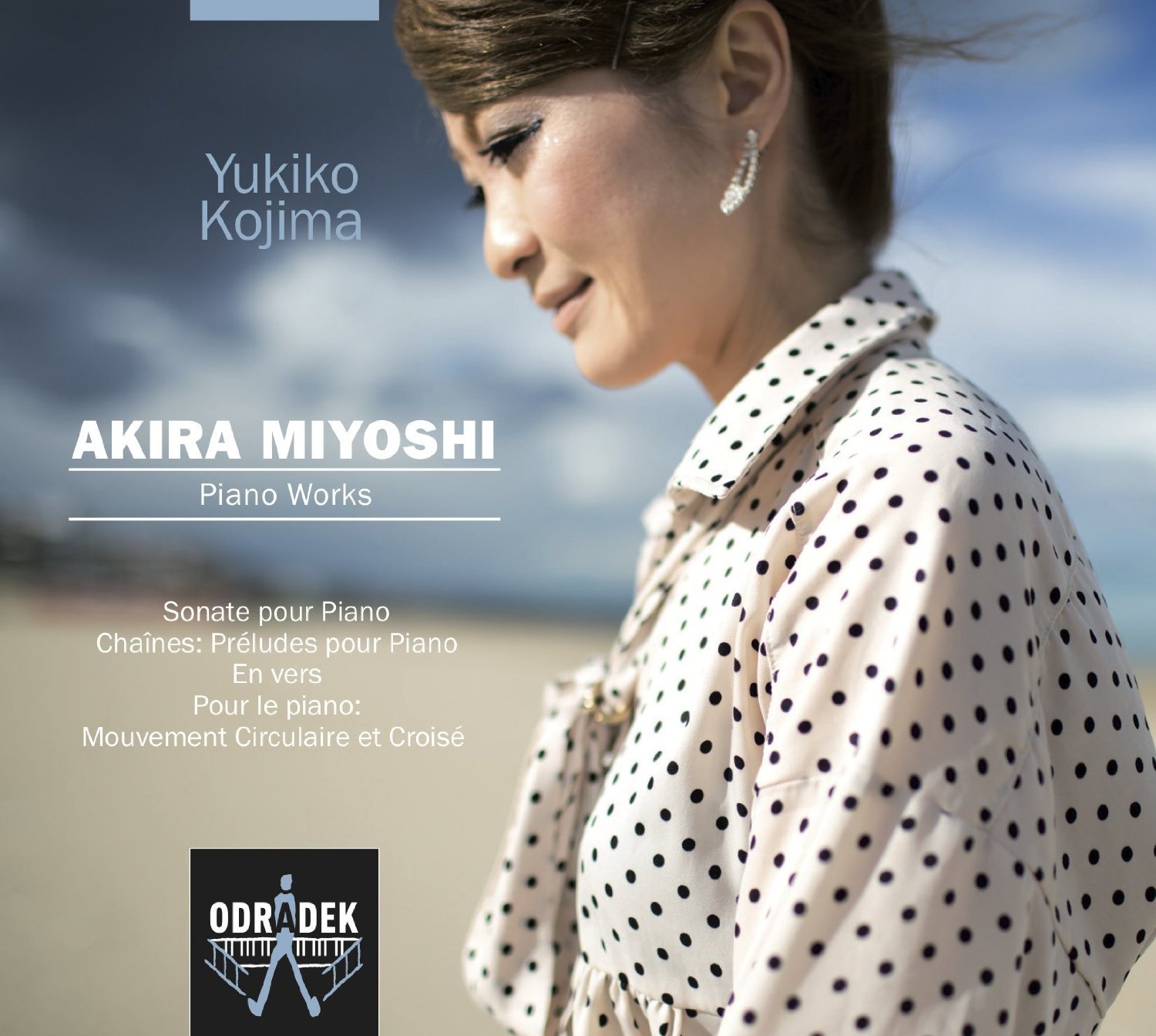Classical CDs Weekly: Prokofiev, Schubert, Zemlinsky

Blistering piano concertos, emotionally draining chamber music and a pair of late-romantic symphonies


Of Schubert’s two great cycles, the youthful ardour of Die schöne Müllerin sits best with a tenor while the bleak wretchedness of Winterreise lends itself to the baritone voice. These, of course, are personal prejudices, for both works can be sung in either range (and indeed beyond, as the presence in the Wigmore Hall audience of a leading female exponent of Winterreise, Alice Coote, reminded us), but it’s what experience has taught me.

It's a considerable irony that a musician as dedicated and as serious as pianist/conductor Christian Zacharias should suddenly, at the age of 63, gain bragging rights on Youtube (see next page). There wasn't really that much he could do about it. It happened last October. A mobile phone went off as he was directing a Haydn concerto from the keyboard in Sweden. You can see his silent but intense frustration as he stops playing. “Don't answer,” he says. He waits until the loud noise of the moble phone stops, and gets back to playing.

A rare thing indeed. A British singer/pianist duo has had the patience, and also been given the opportunities over a number of years, to own and to inhabit a thoroughly individual and intelligent interpretation of Schubert's Winterreise.

There are probably more fine string quartets in the world than audiences to listen to them, or so a gloomy estimate from a major chamber music festival would have us believe. Fortunately the Wigmore Hall usually guarantees crowds to hear the best, and at the highest level too we’re spoilt for choice. After two outstandingly vibrant recent visitors, the Belcea and Jerusalem Quartets, the equally touted Pavel Haas Quartet merely seemed very good rather than great, though they upped the stakes when mercurial 22-year-old Daniil Trifonov joined them for Shostakovich’s Piano Quintet.

The most intensive period of music-making I’ll ever experience, celebrating the 100th birthday of Benjamin Britten in and around his home town, ended on Sunday. I’m an Aldeburgh resident and I attended everything on offer. I thought the best way to provide an overview was to compile a diary of the past four days with a line or two about each event.
Thursday 21 November (eve of the birthday)


It’s not because I lament the annual end of a love-hate relationship with the Albert Hall that the last few days of Proms feel rather melancholy. A bittersweetness lies rather in the drawing-in of evenings, however hot it is, so late night Schubert for one and then two pianos seemed like an appropriately introspective way of saying farewell this year.

The moment when Alfred Brendel shuffled on stage during the Verbier Festival’s 20th Anniversary Concert not to play, but to turn pages for long-time colleague Emmanuel Ax, expressed everything that is so special, so extraordinary about this festival. Walking off together, arms around each other’s shoulders, these were not just international soloists, they were two great old men and two even greater musicians.

"Britten or Poulenc?" The question may seem a fatuous one, geared to the 100th anniversary of the Englishman's birth and 50 years since the Frenchman's death. Yet it certainly livens up what would otherwise be the usual dreary artists' biographies, presented with typical elan in this year's Cheltenham Music Festival programme book. "Has anyone said Poulenc in response to this?" asks pianist James Rhodes.